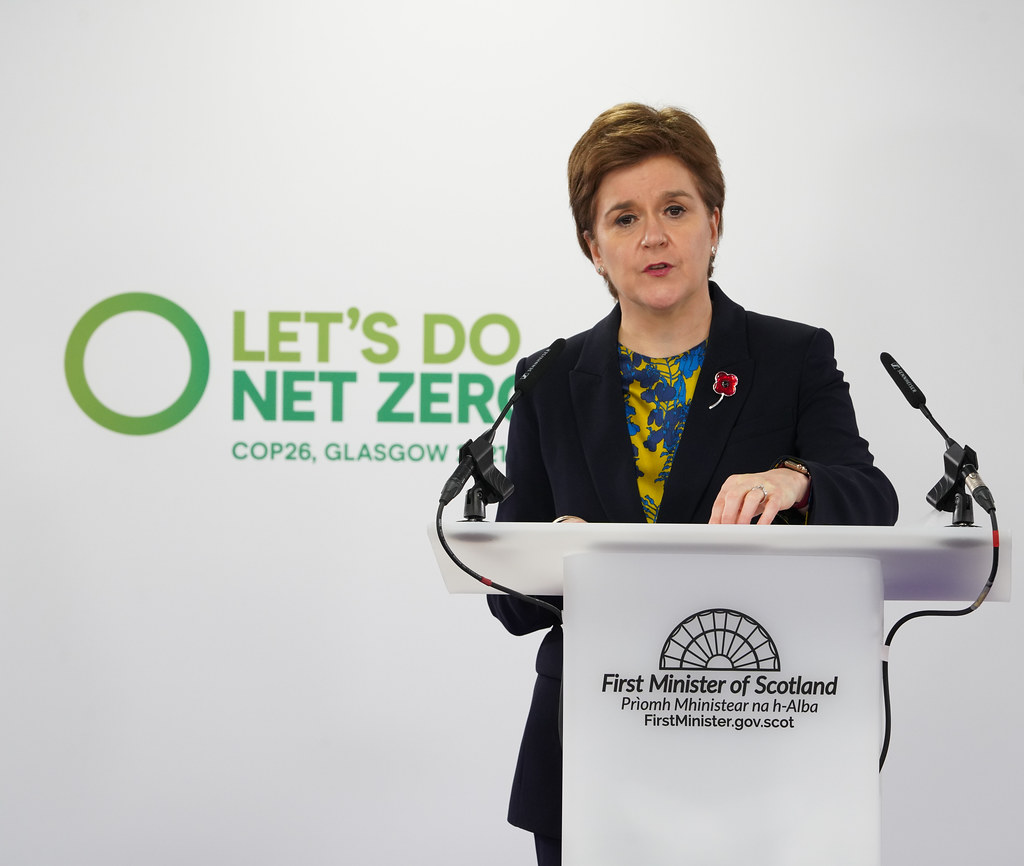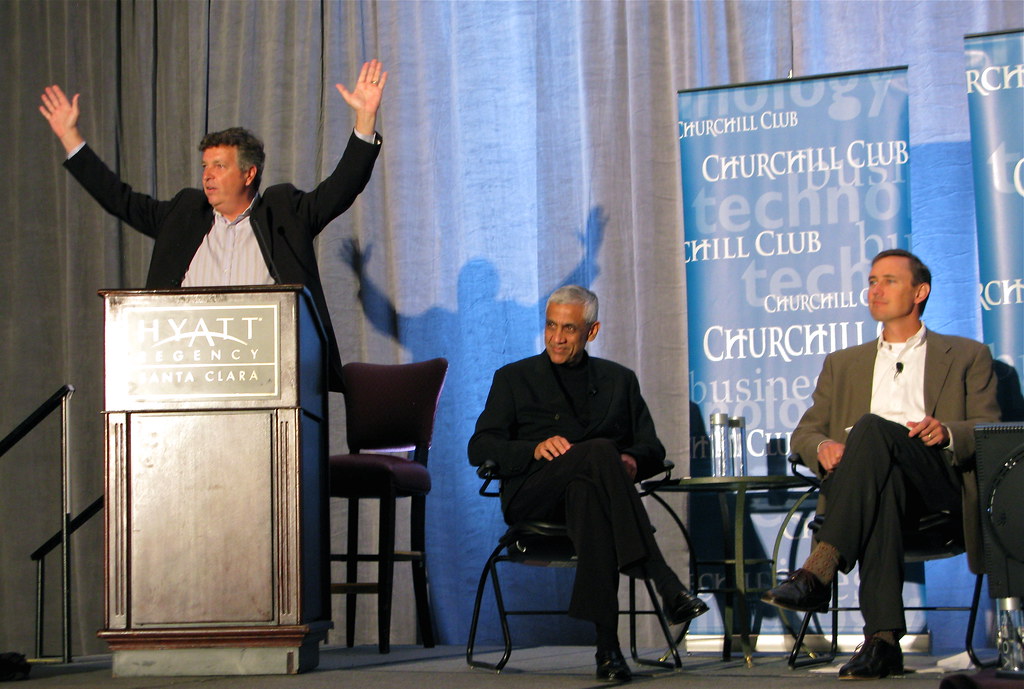
The world watches keenly as climate activist Greta Thunberg consistently pushes the boundaries of environmental discourse, her voice a sharp clarion call against what she perceives as superficial climate action. Her latest definitive move, withdrawing from the prestigious Edinburgh International Book Festival, serves as a potent reminder of her unwavering commitment to confronting environmental hypocrisy head-on. This dramatic step was precipitated by a direct accusation of “greenwashing” against the festival’s primary sponsor, Baillie Gifford, a prominent investment management firm. Thunberg’s actions compel us to look beyond the surface, to scrutinize the pervasive practice of greenwashing that she argues undermines genuine efforts to tackle the climate emergency.
This incident, while focused on a cultural event, powerfully illuminates a much larger, global struggle against deceptive environmental claims. It forces a critical examination of how corporations and even governments navigate the complex landscape of climate responsibility. We are invited to understand the nuances of what greenwashing truly entails, and why figures like Thunberg consider it such a dangerous impediment to meaningful progress. It’s an essential dialogue, not just about one festival or one investment firm, but about the integrity of the entire climate movement.
The controversy ignited when Thunberg announced her decision to pull out of the festival, where she was scheduled to discuss her appeal for climate action in an event titled: “Greta Thunberg: It’s Not Too Late to Change the World.” Her statement, released through the festival’s website, left no room for ambiguity. “As a climate activist, I cannot attend an event that receives sponsorship from Baillie Gifford, who invests heavily in the fossil fuel industry,” she declared with characteristic resolve.
Thunberg articulated her fundamental concern, explaining that “greenwashing efforts by the fossil fuel industry, including sponsorship of cultural events, allow them to keep the social license to continue operating.” Her conviction was clear: “I cannot and do not want to be associated with events that accept this kind of sponsorship.” This principled stand resonated widely, immediately drawing attention to the financial ties of cultural institutions and the ethical dilemmas they pose in an era of urgent climate action.

Barley further articulated the festival’s perspective, stating, “The Book Festival exists to give a platform for debate and discussion around key issues affecting humanity today, including the climate emergency.” He then articulated a belief that “We strongly believe that Baillie Gifford are part of the solution to the climate emergency,” pointing to their track record as “early investors in progressive climate-positive companies, providing funds to help them grow.” This highlights the difficult position many cultural institutions face, balancing financial realities with ethical considerations in a rapidly changing world.
Thunberg’s potent accusation throws the spotlight onto “greenwashing,” a term that has become increasingly prevalent in public discourse. At its core, greenwashing is the practice of creating a false impression about how environmentally friendly an organization’s products and aims are. It is a calculated act of deception, where marketing and public relations language is intentionally misleading, designed to convince consumers or stakeholders that something is better for the planet than it truly is. This phenomenon extends beyond simple misrepresentation, often encompassing corporations or businesses using philanthropy or association with environmental issues to distract from their ecologically harmful business activities.
The essence of greenwashing lies in its ability to confer a ‘social license’ to operate, allowing companies to maintain a veneer of environmental responsibility while continuing business practices that contradict genuine sustainability. It dulls the public’s critical faculties, making it harder to discern authentic environmental leadership from carefully constructed facades. Understanding this deceptive practice is paramount for citizens, policymakers, and organizations alike, as it directly impedes progress towards a truly sustainable future. It’s not merely about misleading claims; it’s about the systemic subversion of environmental accountability.
The Baillie Gifford controversy is far from an isolated incident; it resonates with numerous high-profile examples that underscore the pervasiveness of greenwashing across various sectors. One of the most glaring instances involves the sponsorship of the United Nations Climate Change Conference, COP27, by Coca-Cola. This partnership ignited widespread outrage, particularly given that Coca-Cola was named the “top plastic polluting corporation of 2021” by the climate activist group Break Free From Plastic. Critics widely accused the beverage giant of “greenwashing their brand” through this association.

The gravity of Coca-Cola’s environmental footprint is well-documented. Break Free From Plastic’s 2021 Brand Audit Report explicitly stated, “The Coca-Cola Company has retained its dirty crown as the world’s top polluter for the fourth year in a row, despite voluntary commitments started in 2018 to collect one bottle for every one sold.” Despite this damning assessment and a petition signed by over 235,000 people calling for their removal as a sponsor, Coca-Cola asserted that their support for COP27 was “in line with our science-based target to reduce absolute carbon emissions 25 percent by 2030 and our ambition for net zero carbon emissions by 2050.” They also claimed, “Packaging represents around 30 percent of our carbon footprint, so our World Without Waste and carbon reduction efforts go hand in hand.”
Another compelling case emerges from national governance, with the Australian government itself being accused of greenwashing. Polly Hemming, from the public policy think tank the Australia Institute, contended that the federal government “sets the standard for greenwashing.” She elaborated on how Australia, described as “itself a climate laggard and blocker of international climate action,” has for decades employed “creative climate accounting and the concept of offsetting rather than actual decarbonization.” This narrative is further complicated by the government’s claim that emissions have fallen 22 percent since 2005, while Hemming states that “when you count actual emissions from fossil fuels and other sources, they’ve only fallen by 1.8 percent.”
The Australian government’s alleged greenwashing extends to its financial support for the fossil fuel industry, reportedly providing “around $10 billion every year in subsidies.” Hemming also highlighted a “carbon neutral” certification scheme that she says promotes gas companies as “progressive climate leaders,” even without indications of actual emissions reduction. Furthermore, the government is accused of justifying new gas and coal projects on the premise that their emissions will be exported and thus “will not stay in Australia and will be exported, which means they don’t have to be counted in Australia’s emissions reporting.” This accounting trick, according to Hemming, ignores that “the 114 new gas and coal projects in development in Australia will result in around 150 million tonnes of domestic emissions every year.”

The phenomenon also infiltrates the fast-fashion industry, where companies like H&M and Zara are frequently accused of greenwashing. These brands often promote recycling initiatives, creating an illusion of sustainability. However, this is undermined by the harsh reality that “millions of tons of their polyester and nylon clothes end up in landfills,” showcasing a disconnect between their public image and actual environmental impact. Such practices highlight how marketing can overshadow material truth, contributing to consumer confusion and persistent waste problems.
Finally, the concept of carbon offsetting itself has become a significant target of greenwashing accusations. Carbon offsetting involves the “reduction or removal of emissions of greenhouse gases made in order to compensate for emissions made elsewhere.” While seemingly benign, this practice has drawn considerable ethical and environmental concerns from advocates. A key criticism is the current lack of “global oversight or common standards,” leading to a situation where “an abundance of low-quality offsets appears to have little impact on global warming.” Furthermore, these projects carry the potential to “harm local communities if they aren’t executed properly,” revealing a complex layer of social injustice alongside environmental concerns.

Greta Thunberg’s principled stand against greenwashing is not confined to cultural sponsorships; it extends robustly to the very architecture of global climate governance, particularly the United Nations climate summits (COPs). Her decision to forgo attendance at the 2022 COP27 in Egypt was multifaceted, rooted in both environmental ethics and human rights concerns. She articulated that the “space for civil society this year is extremely limited” in Egypt, a country she openly criticized as “held in a tourist paradise in a country that violates many basic human rights.” Her solidarity with “prisoners of conscience” being held in Egypt, such as the British-Egyptian writer Alaa Abd el-Fattah, underscores her holistic approach to justice.
Thunberg has consistently voiced deep skepticism about the efficacy of these grand conferences, viewing them as platforms susceptible to manipulation. She asserted that “The COPs are mainly used as an opportunity for leaders and people in power to get attention, using many different kinds of greenwashing.” This perspective highlights her belief that the summits, rather than being engines of systemic change, can become stages for performative environmentalism. Her earlier, equally pointed critique of the 2021 COP26 in Glasgow as “a global north greenwash festival” further solidifies this consistent stance.

During COP26, Thunberg famously walked out of a panel on carbon offsets, shouting “no more greenwashing,” a direct challenge to a mechanism she views as problematic. Her core argument about COPs is that they “are not really meant to change the whole system,” implying that they often encourage incremental rather than transformative progress. However, she does concede that they can be valuable “as an opportunity to mobilize,” recognizing their potential to rally activists and raise public awareness, even if their inherent structure falls short of what’s truly needed.
Thunberg’s actions, whether boycotting a book festival or challenging world leaders at climate summits, are not isolated incidents; they are calculated moves within a larger, relentless campaign for authentic climate action. Her journey began humbly, outside Sweden’s parliament in 2018 as a 15-year-old schoolgirl, yet quickly blossomed into a global phenomenon, inspiring “school strikes” across continents. She has consistently “berated world leaders for what she believes is a lack of action over the climate emergency,” demonstrating a fearless commitment to holding power accountable.
Her latest book, “The Climate Book,” a comprehensive collection featuring contributions from approximately 100 experts, serves as another testament to her enduring mission. With royalties channeled to her eponymous foundation to support environmental organizations, it embodies her dedication to fostering tangible change and empowering the climate movement. Through every protest, every carefully worded statement, and every refusal to compromise, Thunberg reinforces her overarching call for “drastic changes” to the status quo and emphasizes the urgent need for “billions of activists” to join the fight.

The ripples from Greta Thunberg’s decision to withdraw from the Edinburgh International Book Festival will undoubtedly continue to spread, compelling cultural institutions, corporations, and individuals alike to re-evaluate their relationships with fossil fuel interests. This incident, alongside the broader landscape of greenwashing, serves as a vital reminder that genuine climate action demands unwavering integrity and transparency, not just clever marketing. It is a clarion call to look beyond the slick campaigns and corporate philanthropy, and to demand true, measurable commitment to a sustainable future.
The battle against greenwashing is an ongoing one, fought on many fronts—from major global summits to cultural events and daily consumer choices. Thunberg’s uncompromising stance offers a powerful lesson: progress is not achieved by allowing polluters to maintain a “social license” through superficial gestures. Instead, it requires rigorous scrutiny, persistent advocacy, and a collective refusal to accept anything less than profound, systemic change. It’s an exciting, albeit challenging, journey towards a world where environmental responsibility is not merely a slogan, but an undeniable reality woven into the fabric of every decision. The conversation is far from over, and indeed, it has only just begun.



